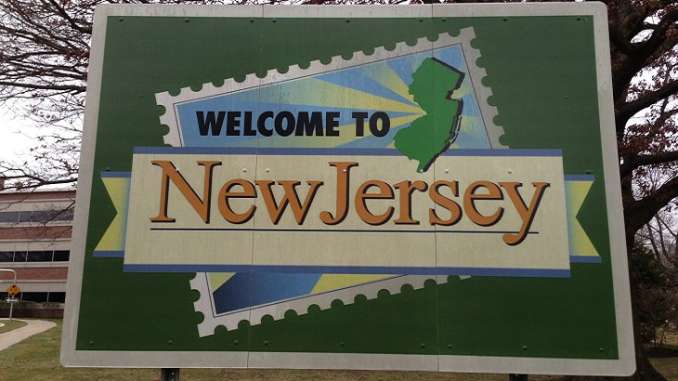New Jersey company ordered by court to repay medical cannabis costs
A medical cannabis consumer in New Jersey who was unfairly treated by his former employers could be on the receiving end of compensation any day now. This is according to a ruling announced on January 13, when Vincent Hagar was told by Superior Court Judge Heidi Willis Currier that he had won his case.
Hagar, who was previously prescribed opioid painkillers to recover from a work-related accident, was denied reimbursement for his recovery costs. His injury occurred back in 2001, when a work truck unleashed a load of concrete on him; resulting in Hagar being unable to attend work.
Judge Currier has now ruled that Hagar’s former employer – M&K Construction – must now compensate him for the costs associated with medical cannabis treatments. Experts say that the ruling could have a monumental impact on the industry at large.
Former employee struggled to wean off opioids with medical cannabis
The New Jerseyan became addicted to opioids, which killed 42,000 people in the United States in 2016. In a desperate attempt to overcome his addiction – all the while treating his symptoms – Hagar turned to medical cannabis for pain relief.
Unfortunately, his addiction was so severe that he failed to quit using opioids; even with the use of medicinal cannabis. For this reason, M&K Construction continuously rejected his plea to receive coverage from worker’s compensation.
A senior attorney at Hoban Law Group named Steve Schain says that the Judge Currier’s ruling is a victorious occasion for working patients who require medical cannabis. He says that the outcome could prompt insurance companies to include pharmaceutical-grade cannabis preparations in their insurance policies; and hopefully, government insurance programs, too.
“It’s not the first state to do it. I think there are six states that do it, but I can’t overstate the importance of all this,” Schain said during a discussion with Cannabis Business Times reporters. “With Jersey accepting this, it’s yet one more state reimbursing for worker’s compensation, and it adds many more grains of sand to the scale to shift private health insurers and, ultimately, government health insurance to begin covering treatment with medical [cannabis].”
M&K Construction claims it would have been assisting former employee in committing a crime
In 2018, a worker’s compensation judge ruled that Hagar had endured an injury while working for M&K Construction. After receiving an order to reimburse Hagar, the company appealed. This wasn’t the first time, with court documents stating that his plea was dismissed for 15 years.
The main reason why M&K Construction turned down Hagar’s attempts to claim worker’s compensation is because cannabis is a Schedule I substance; listed in the Controlled Substances Act (CSA). As a restricted substance, the company says that it would have been assisting Hagar in committing a criminal offense if it funded his medical cannabis treatments.
Due to the government’s restrictions on cannabis use, sale, possession and cultivation, Hagar was left funding medical cannabis treatments from his own pocket. The appellate court argued that M&K would not be responsible for acquiring the treatment, but merely for repaying what Hagar had spent on medical cannabis.
Injured employees being reimbursed for medical cannabis expenses in other U.S. states
New Jersey isn’t the only place on the U.S. map to rule that medical cannabis should be included in worker’s compensation programs. Rulings have also been made in courts spread across Connecticut, New Hampshire and New Mexico.
Schain says that New Jersey is a major influencer on nationwide laws; adding that the medical cannabis worker’s compensation ruling could strengthen medical cannabis programs countrywide.
“Once you get adult-use, it tends to cross the medical market,” Schain explained. “It’s just easier to go to adult-use. You can just show up—you don’t have to have a [medical] card, you don’t have to have a qualifying condition [and] you don’t have to see a doctor. On the medical side, it’s much more restrictive. With this development with reimbursement for medical coverage, it’s going to help out the medical programs.”











